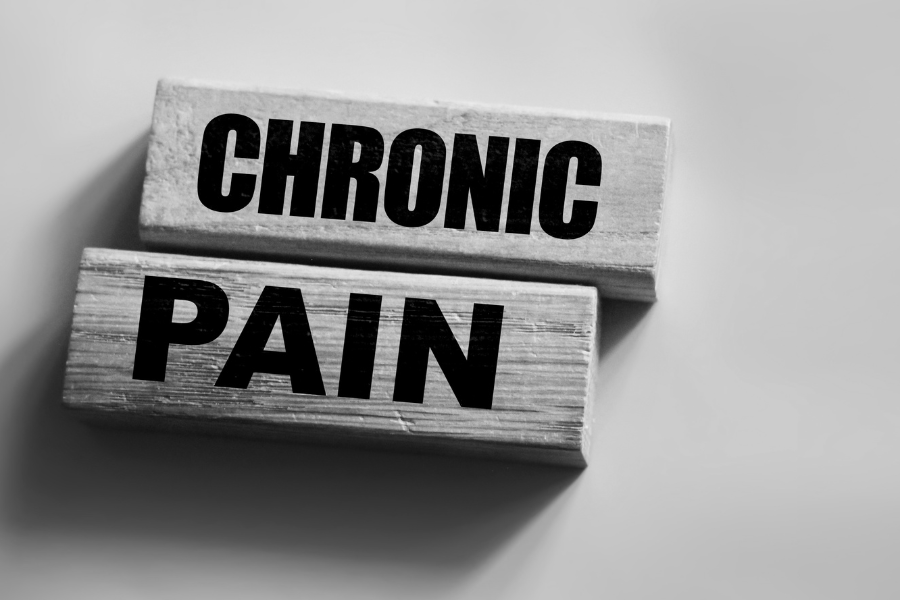
by Rehab Modalities | Oct 19, 2024 | Neuro Robotics
Chronic pain significantly impacts daily life, often hindering mobility and overall well-being. Innovative rehabilitation devices, such as transcutaneous electrical nerve stimulation units, robotic exoskeletons, and biofeedback systems, play a vital role in pain...

by Rehab Modalities | Oct 17, 2024 | Neuro Robotics
Delving into Different Headache Types and Their Neurological Connections Headaches can be categorized into primary types, like tension headaches, migraines, and cluster headaches, each with distinct neurological mechanisms. Tension headaches are often linked to muscle...

by Rehab Modalities | Oct 15, 2024 | Neuro Robotics
A widely used medication is changing the landscape of Multiple Sclerosis (MS) treatment by offering new hope for patients. This therapy alleviates symptoms and targets the underlying disease mechanisms, potentially slowing disease progression. As a result, it enhances...

by Rehab Modalities | Oct 13, 2024 | Neuro Robotics
Autism Spectrum Disorder (ASD) is a complex neurodevelopmental condition characterized by challenges in social interaction, communication, and behavior. While genetic factors play a significant role in the development of autism, many of these influences are indirect...
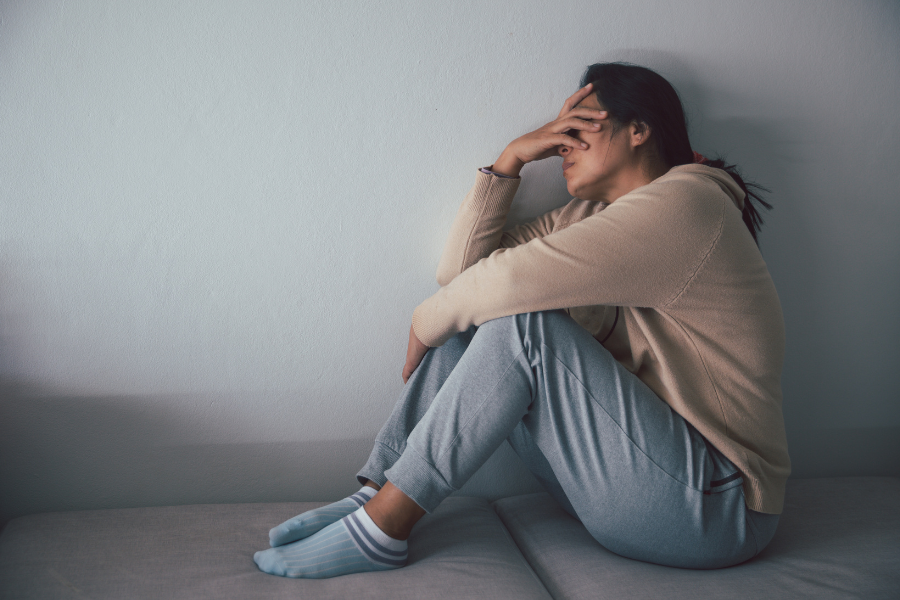
by Rehab Modalities | Oct 11, 2024 | Neuro Robotics
Depression can significantly exacerbate neurological conditions, such as stroke, multiple sclerosis, and Parkinson’s disease, leading to poorer outcomes and reduced quality of life. The interplay between depression and neurological disorders can complicate...
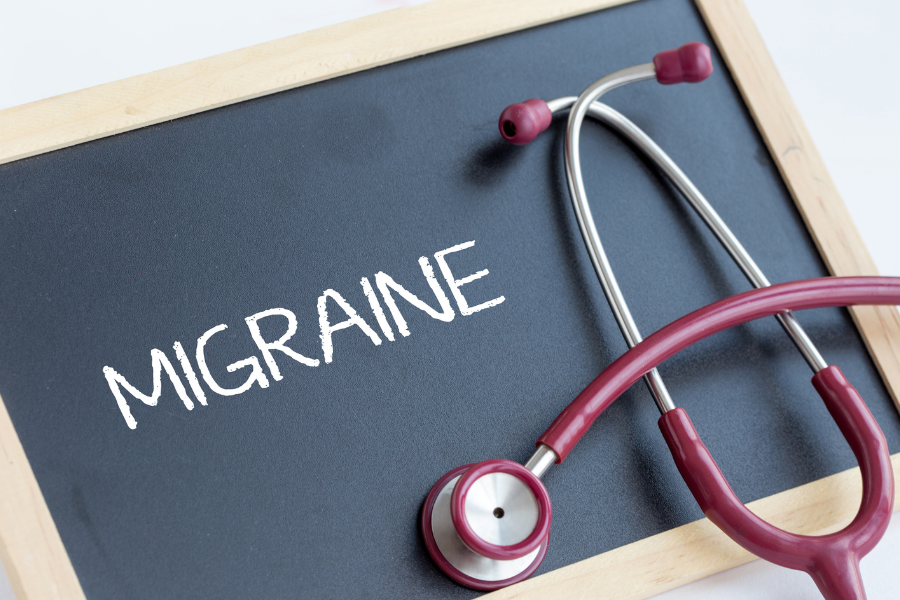
by Rehab Modalities | Oct 9, 2024 | Neuro Robotics
“Essential Guide for Caregivers of Migraine Patients”, providing caregivers with insights into migraine management, triggers, and coping strategies. It offers practical tips for supporting individuals during migraine attacks and fostering effective...
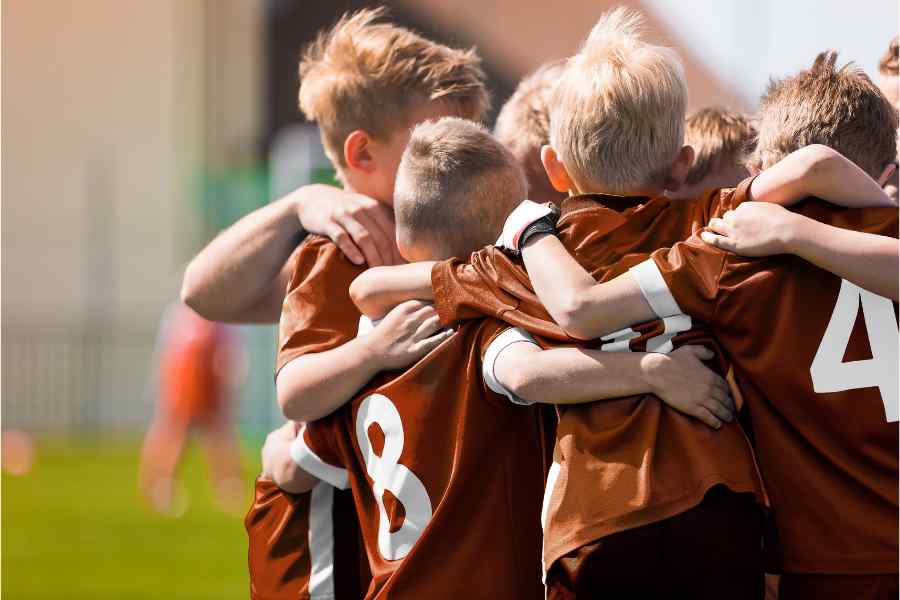
by Rehab Modalities | Oct 7, 2024 | Neuro Robotics
Engaging in sports and games promotes physical fitness, crucial for maintaining brain health and reducing the risk of neurological disorders. Regular physical activity enhances cognitive function, improves mood, and supports neuroplasticity, all contributing to...
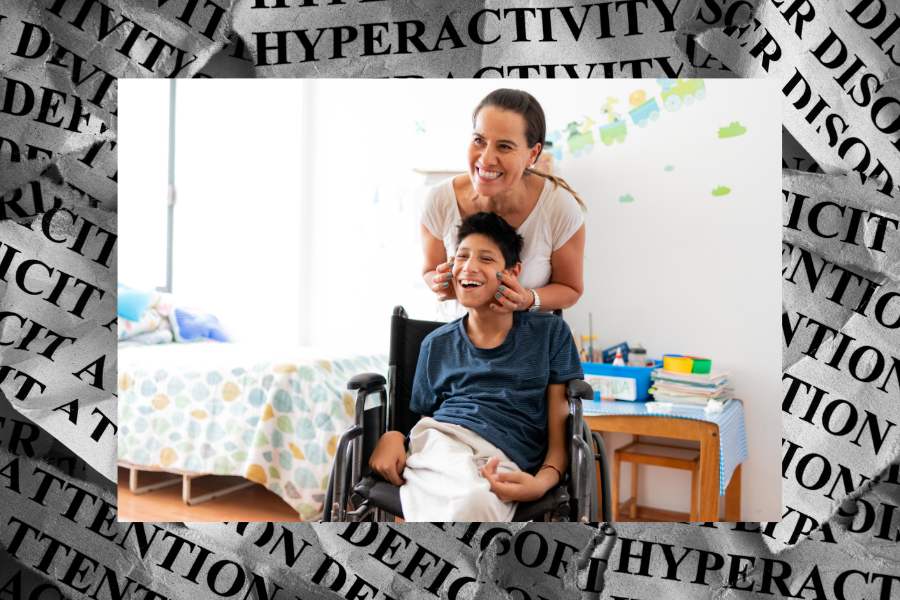
by Rehab Modalities | Oct 5, 2024 | Neuro Robotics
What is ADHD? ADHD, or Attention-Deficit Hyperactivity Disorder, is a neurodevelopmental disorder characterized by persistent patterns of inattention, hyperactivity, and impulsivity. These symptoms can lead to difficulties in various areas of life, including...
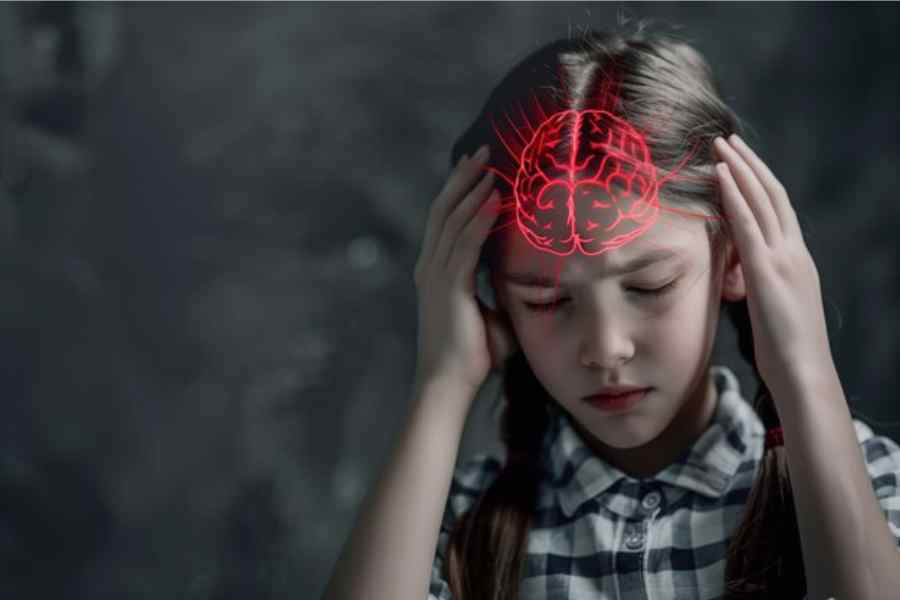
by Rehab Modalities | Oct 3, 2024 | Neuro Robotics
Childhood trauma can significantly alter brain pathways, impacting emotional regulation, stress response, and cognitive function. Early adverse experiences may lead to heightened sensitivity in the amygdala, increasing anxiety and fear responses. Additionally, trauma...

by Rehab Modalities | Oct 1, 2024 | Neuro Robotics
Our ‘Everyday habits’ play a crucial role in maintaining brain health, yet some common behaviors can unintentionally harm our cognitive well-being. From sleep patterns to dietary choices, these habits can accelerate cognitive decline and increase the risk of...











